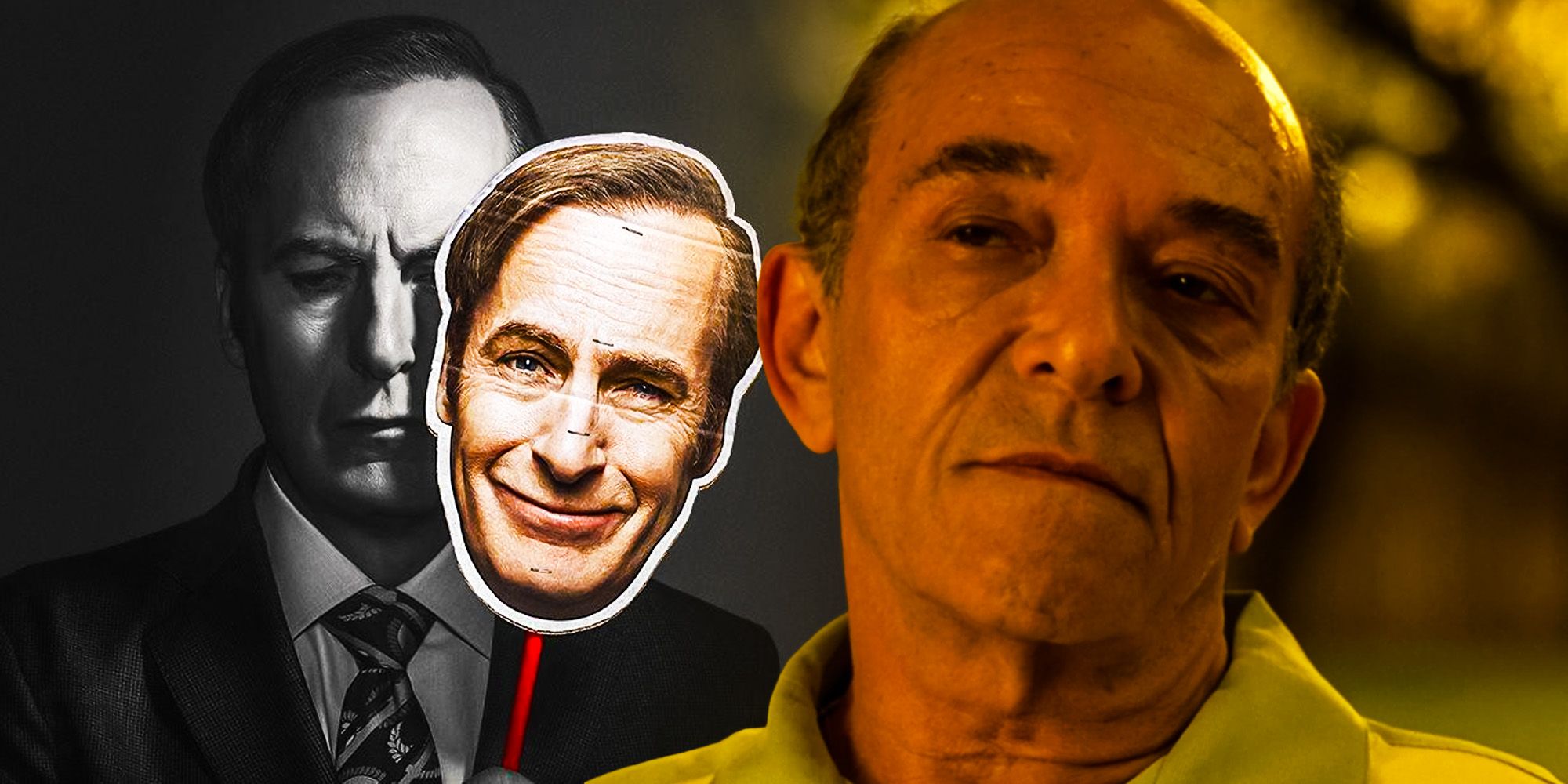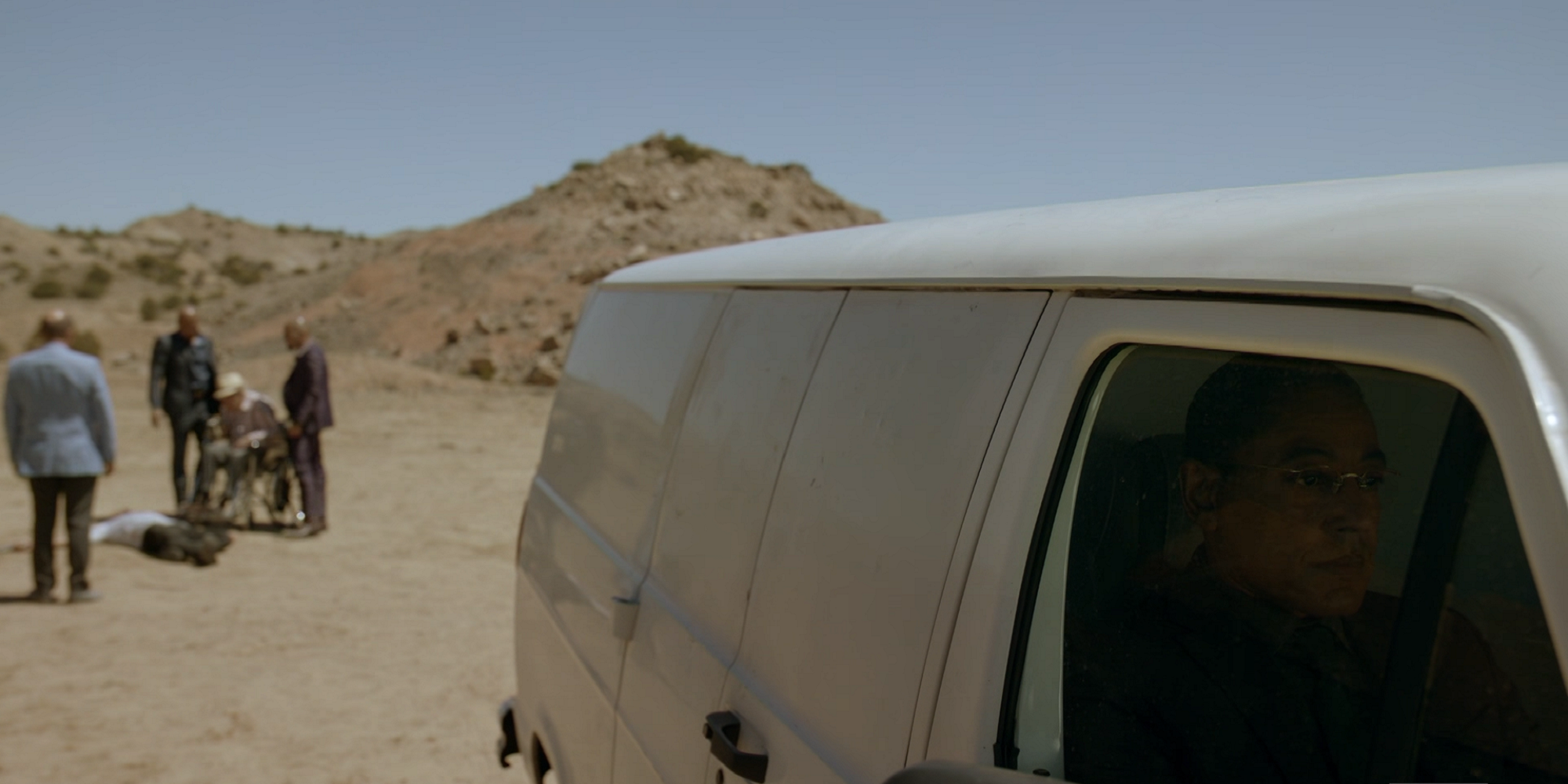Warning: Contains spoilers for Better Call Saul season 6, episode 3.
Better Call Saul made major Breaking Bad villain Hector Salamanca look pathetic for how he handled Nacho’s death. In most of his appearances across both Better Call Saul and Breaking Bad, Hector has managed to convey an air of intimidation, establishing himself as a deservedly feared figure in the drug running scene. Hector’s actions following Nacho’s death don’t do that, though, and they serve to show the kind of person Hector really is.
In Better Call Saul season 6, episode 3, Nacho gives himself up to the cartel with the promise that Mike and Gus will protect his father after his death. Hector and Juan Bolsa try to get him to confirm that Gus was involved in Lalo’s death, but not only does Nacho not sell him out, he proudly tells Hector that he was the one responsible for his paralysis. Immediately after that, Nacho then shoots himself, thus letting him go out on his own terms.
Immediately after Nacho’s death, Hector shoots his corpse over and over again, emphasizing how powerless he'd ultimately been in this situation due to Nacho's actions. Nacho took complete control of the situation by not only riling everyone up, but by killing himself to rob everyone of the satisfaction of getting to do it, yet Better Call Saul's Hector still felt the need to shoot his corpse in order to inanely feel as though he'd gotten his own back. The conflict was already over, so this futile and somewhat cruel move only serves to further illustrate how much Nacho got one over the feared cartel member.
The framing of the scene also works to illustrate how low Hector’s actions are supposed to make him. The entire time that Hector is shooting Nacho, he’s either in the background of the scene or completely off-screen while Gus or Mike is put in focus, and the shots themselves, even sound somewhat muted. This creates the idea that as terrible as Hector’s actions are, the focus of the scene isn’t even supposed to be Hector shooting Nacho’s corpse, but Gus and Mike’s reactions to Nacho’s death. With Hector’s actions being underscored in such a way, it becomes clear how unimportant it all is, and how petty Hector is for doing it anyway.
The most notable thing Better Call Saul has done with Hector Salamanca is show just how pathetic the man truly is through a deeper exploration of his character, and the way he treated Nacho after his death perfectly encapsulates that. Hector being the kind of man who would desecrate a man’s corpse out of futile anger doesn’t make him intimidating or menacing, it just makes him look weak, and the scene not even giving it complete focus just sells that even further. Hector’s presence in Breaking Bad means that he’s guaranteed to survive the rest of Better Call Saul, but any future appearances he might have likely won’t do anything to make him seem better than he actually is.
Better Call Saul releases new episodes Mondays on AMC.


